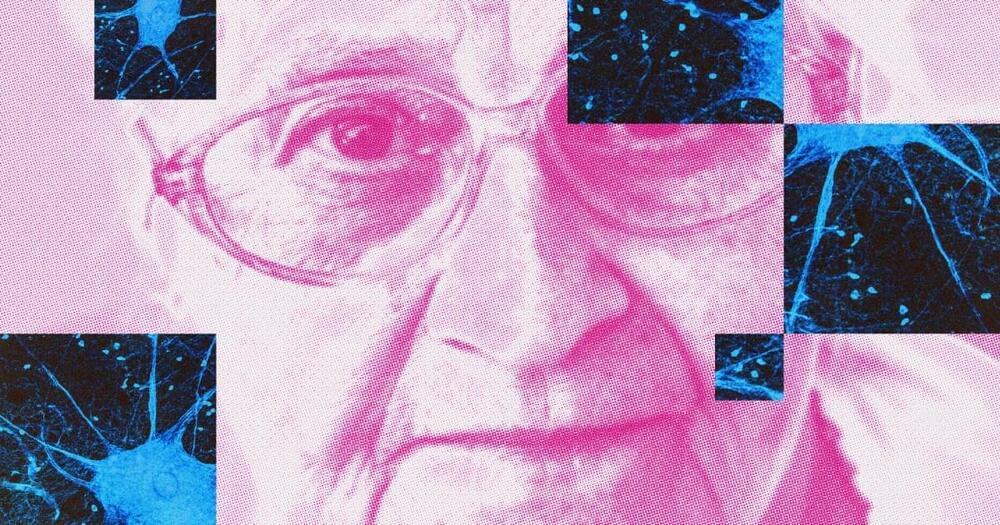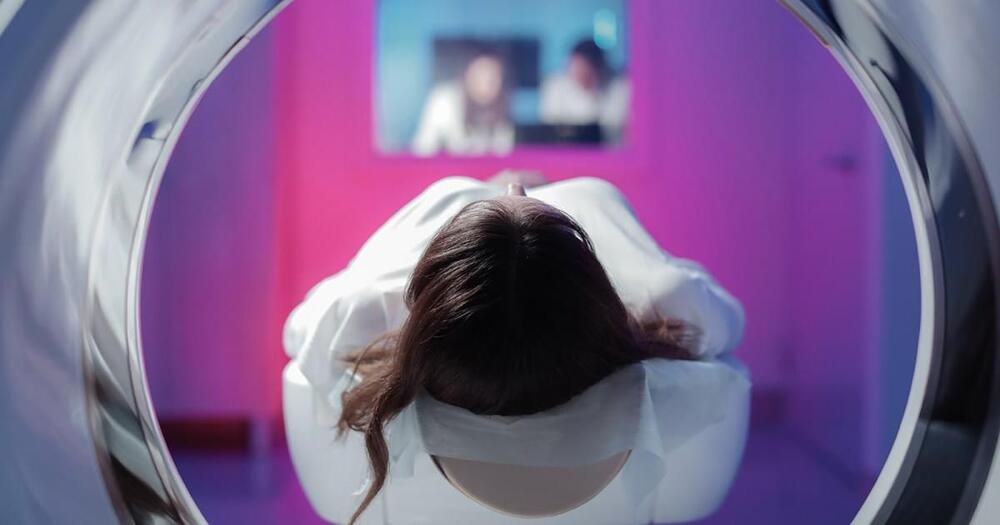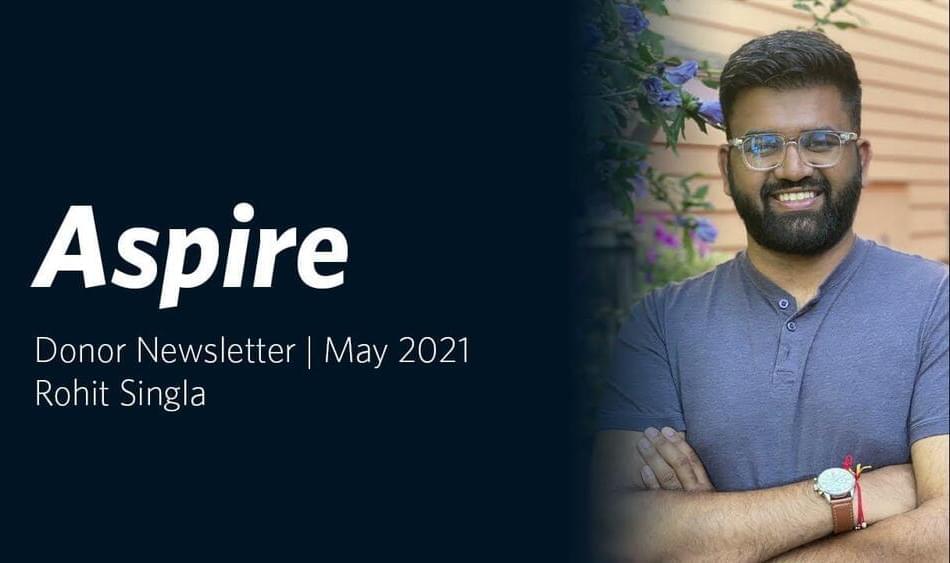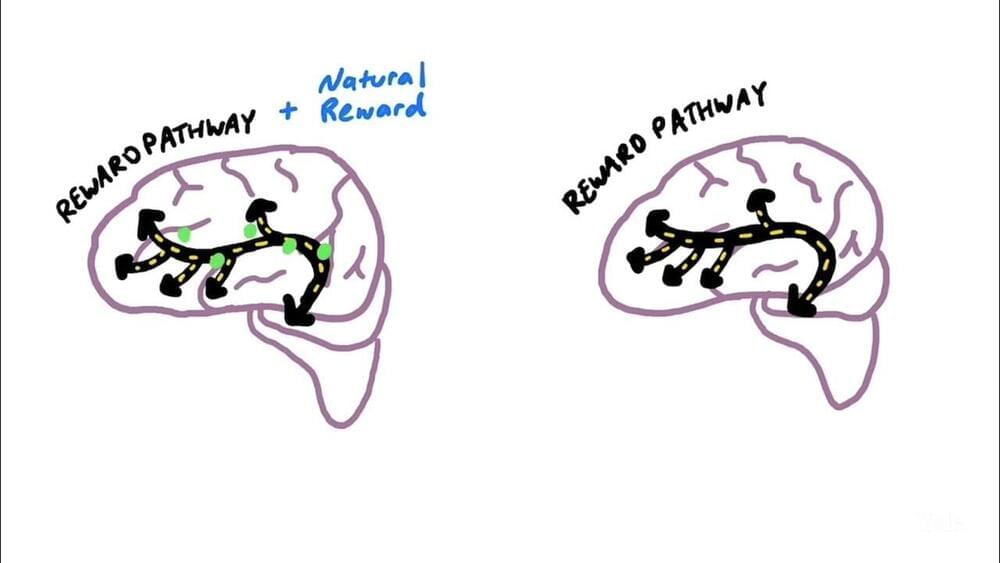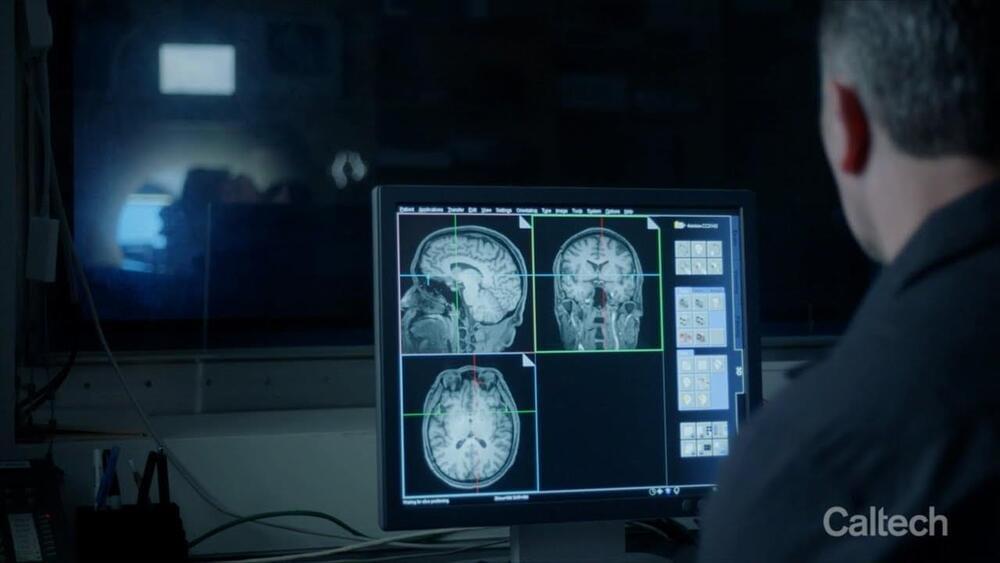Oct 8, 2023
Rare mutation may counteract “Alzheimer’s gene”
Posted by Dan Breeden in categories: biotech/medical, genetics, neuroscience
The challenge: There are very few ways to slow down Alzheimer’s disease or treat its symptoms, and there’s no cure — in 2021, nearly 120,000 Americans died from Alzheimer’s complications, making it one of the top 10 leading causes of death.
One genetic variant in particular — called APOE-e4 — is strongly tied to the brain disease. Having one copy makes a person 2–3 times more likely to develop Alzheimer’s, while having two copies (one from each parent) increases the risk by 8–12 times.
